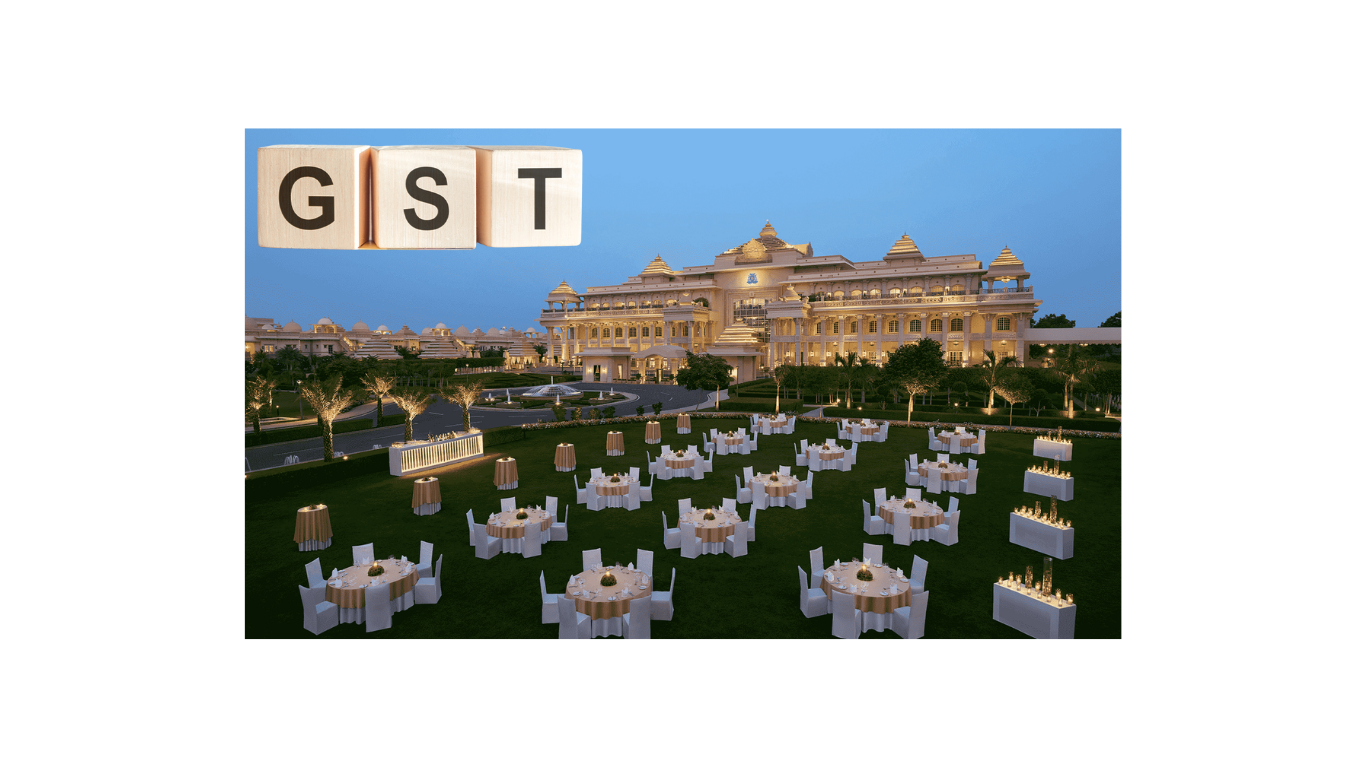Budget and mid-market hotels in Mumbai are set to gain from the government’s GST reduction on rooms priced up to Rs 7,500
Guests staying at budget and mid-market hotels are set to benefit from the government’s decision to reduce GST on rooms priced up to ₹7,500. Effective September 22, the GST rate will be lowered from 12% (with input tax credit) to 5% (without input tax credit).
The earlier threshold of 12% GST on rooms priced at ₹7,500 was introduced eight years ago. The revised rate is expected to deliver a significant boost to the hospitality industry, with revenues projected to rise by 7–10% across the budget and mid-scale segments.
Industry players such as Brigade Hotels, with nearly two-thirds of its room inventory priced below ₹7,500, and Sarovar Hotels, where around 25% of rooms fall under this bracket, are among those set to gain from the change.
This reform represents a step in the right direction, simplifying structures and boosting consumer sentiment. We hope future measures will build on this momentum to enable holistic growth of the sector, ensuring that hospitality continues to contribute strongly to India’s GDP, employment generation, and global competitiveness as a tourism destination.
“The rationalisation of GST slabs is a welcome move that will act as a stimulus to the Indian economy by boosting discretionary income and fuelling consumption across sectors. For travel and tourism, the cut in GST on hotel rooms priced below ₹7,500 will make stays more affordable for a large share of Indian travellers, reinforcing demand in the domestic market.” Rajesh Magow, Co-Founder and Group CEO, MakeMyTrip
“The GST Council’s latest reforms mark a significant step forward for the travel and hospitality ecosystem. By bringing hotel tariffs of up to ₹7,500 under a 5% GST slab, the Council has created a strong incentive for travellers to explore more destinations, especially during the upcoming festive and wedding season when demand peaks. At the same time, retaining a lower 5% GST on economy air tickets ensures affordability for the mass traveller, which is vital for sustaining the momentum in domestic tourism. While the upward revision for non-economy tickets may affect premium travel costs slightly, the overall framework reflects a balanced approach to making travel more accessible while supporting industry revenues. We believe these measures will drive higher occupancy, increase travel frequency, and further strengthen India’s position as one of the world’s fastest-growing travel markets” Mr. Ankit Pathak, Chief Finance Officer, Ebix Travels
“We appreciate the GST Council’s progressive step in rationalizing tax rates for hotel accommodation up to ₹7,500. This is a timely and welcome reform that will make quality stays more accessible to a wider base of Indian travellers and at the same time strengthen the country’s positioning as a high-potential tourism hub. By reducing the tax burden on mid-scale and upper mid-scale hotels, the government has unlocked new opportunities for stronger domestic travel, weekend leisure breaks, and business mobility – factors that are critical to the hospitality sector’s growth. This move reflects a deep understanding of industry dynamics and traveller aspirations, and we are confident it will accelerate momentum across the hospitality landscape while reinforcing India’s ambition of becoming one of the world’s leading travel destinations.” Nikhil Sharma, Managing Director & COO, South Asia, Radisson Hotel Group
“The recent GST announcements are progressive and in line with the larger vision of nation-building and sabka vikas. They will undoubtedly provide a positive impetus to the Indian economy. A big positive for Chalet and the hotel industry in general.
Placing room tariffs below ₹7,500 in the 5% GST slab is a welcome step. At the same time, it is important to address a key concern for the smaller and budget hotels. Simultaneous withdrawal of Input Tax Credit (ITC) creates an unintended anomaly.
To ensure the intent of the reform is fully realised, I would urge three corrective measures:
- Retain the benefit of ITC for this segment.
- Revise the tariff threshold upward to ₹12,000, with ITC, in line with current market dynamics.
- Link future tariff thresholds to the Consumer Price Index (CPI), so that periodic resets are not required.
These changes will make the framework more equitable, growth-friendly, and aligned with the government’s vision for tourism as a driver of inclusive development.” Sanjay Sethi, MD & CEO, Chalet Hotels Limited
“At the Thomas Cook India Group, we welcome the Government’s simplification of the GST structure across sectors — from daily essentials and healthcare to education, electronics, automobiles as well as travel and hospitality. The elimination of the 12% slab and the lowering of several categories to the 5% bracket, marks a decisive shift towards boosting affordability and driving increased consumption. Additionally, the earlier income tax exemption for income up to Rs. 12 lakhs, coupled with this GST reduction, is expected to result in higher disposable income. For the travel and tourism industry, this is a very positive development across B2C & B2B segments. With hotel tariffs up to ₹7,500 per down to 5% from 12%, the domestic travel and tourism sector especially in the mid and upper-mid market stands to benefit significantly. Additionally, retaining economy airfares at the lower 5% slab, ensures that travel remains accessible. The reform thus delivers a two-pronged impact: directly, through lower GST rates on travel-related services, and indirectly, by enhancing consumer purchasing power via reduced rates across several consumption sectors – at a strategically opportune time, just ahead of the festive season.” Mr. Mahesh Iyer – Managing Director and Chief Executive Officer, Thomas Cook (India) Limited



